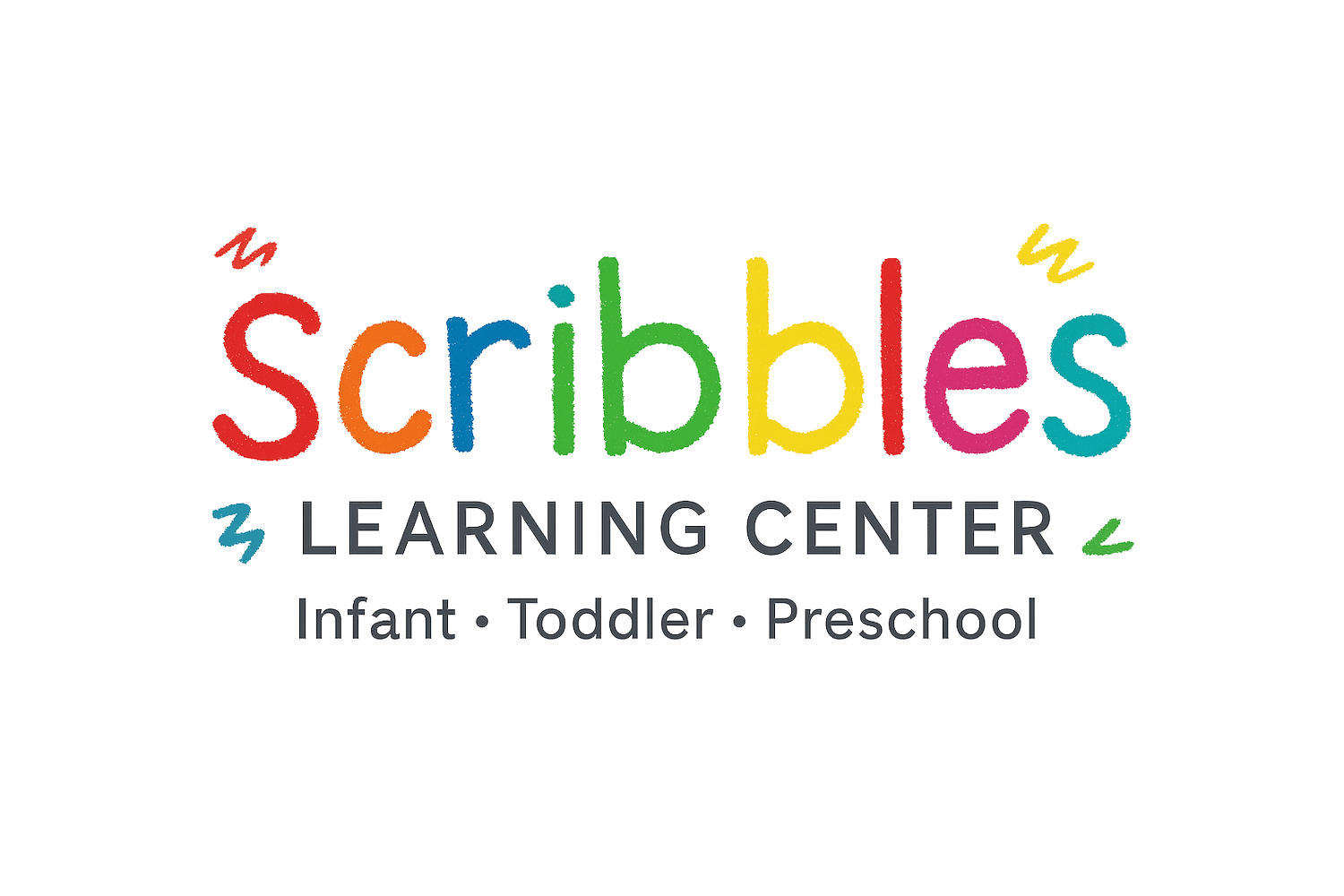Why Music and Movement Are Essential for Young Learners
At Scribbles Learning Center, we believe learning should engage the whole child-mind, body, and heart. One of the most powerful ways to nurture growth in young children is through music and movement. These joyful experiences are more than just fun; they are building blocks for development that last a lifetime.
Music Builds Early Brain Connections
When children listen to music, sing songs, and experiment with rhythm, their brains light up with activity. Music strengthens memory, language skills, and listening skills. Repetitive songs help children learn new words, while rhythms encourage sequencing and pattern recognition-both important for future reading and math.
Movement Supports Healthy Bodies and Minds
Movement activities-dancing, marching, clapping, and stretching-help children develop balance, coordination, and gross motor skills. Moving to music also supports self-regulation, as children practice following directions like "freeze" or "jump high." Physical activity releases energy and builds focus, setting the stage for more successful learning in the classroom.
Social and Emotional Benefits
Group songs and dances foster community. Children learn to take turns, share space, and work as a team. Music often evokes emotions, helping children express joy, calm down, or build self-confidence when they master a new skill.
Music and Movement at Scribbles
Every day at Scribbles, children are immersed in playful songs, movement games, and rhythmic activities that support their whole development. Whether they're dancing with scarves, shaking instruments, or singing together during circle time, your child is learning valuable skills in the most joyful way possible.
Music and movement remind us that learning doesn't only happen at a desk-it happens in every clap, giggle, and dance step.

